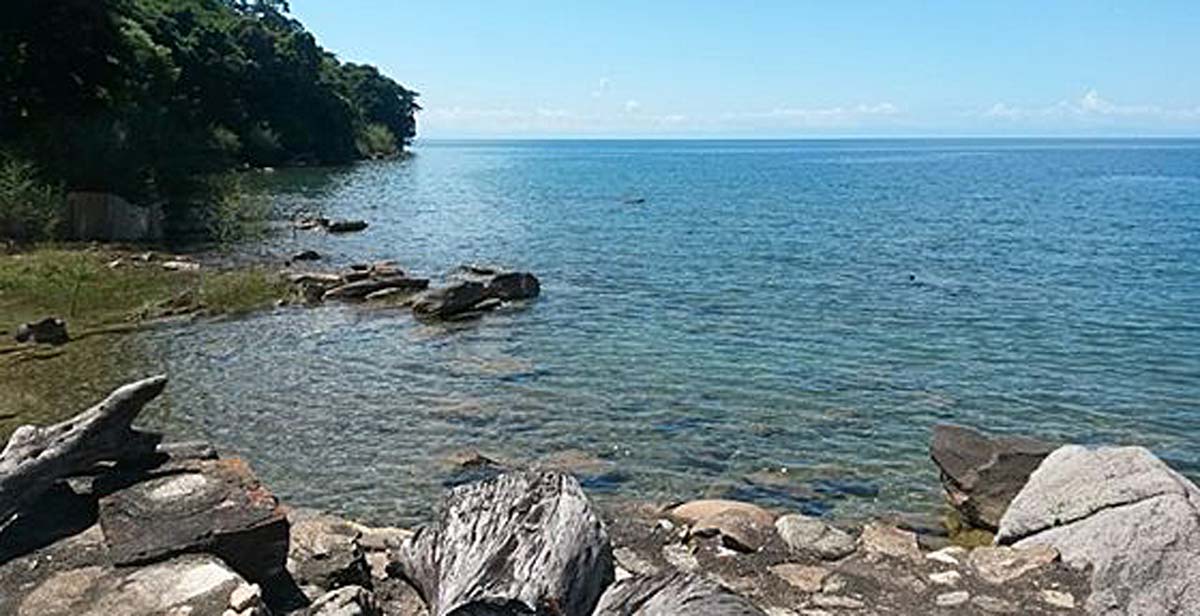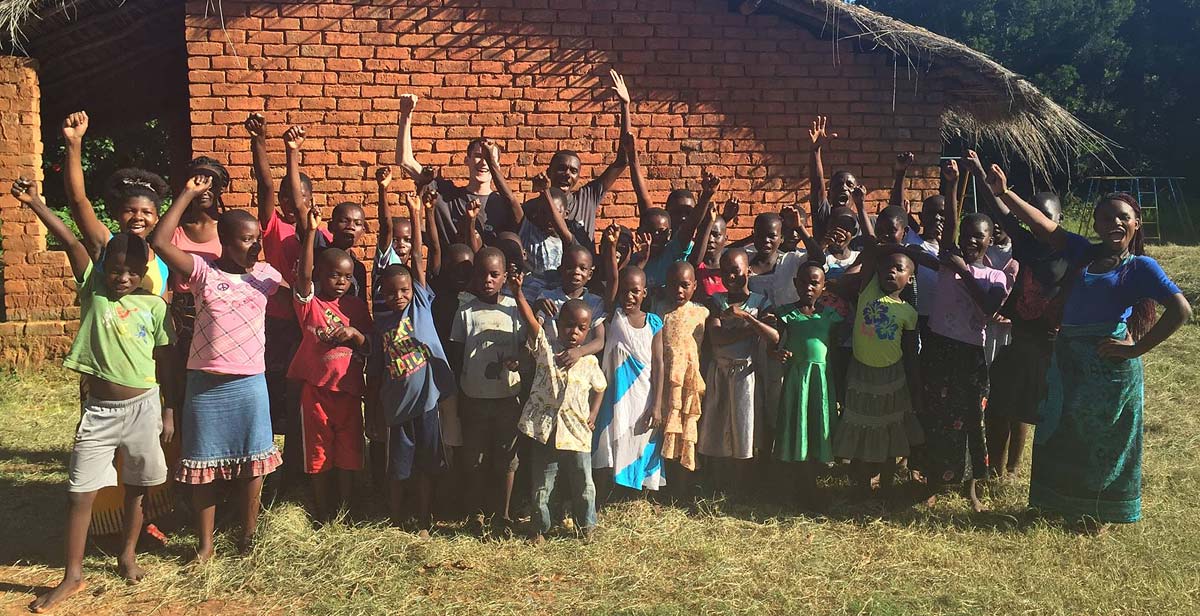Nkhata Bay is a district in the northern part of Malawi, which is along the shores of the famous Lake Malawi. The district is very mountainous and is covered with green vegetation, making it look beautiful. This is due to a number of factors such as the fertile soil but mostly due to the district receiving lots of rain throughout the year. Cassava, maize and tobacco are the most popular crops that are grown, and maize is the staple food (Nsima).
Nkhata Bay is the home of the Tonga people. We Tonga’s are a proud and talkative people. Part of our talk is the claim to be much smarter than the rest of the tribes. Family and adherence to tribal customs are the core values of Tonga culture. You learn from childhood that family is not only those you directly share blood with, but rather the whole village who make up your community.
The majority of Tonga’s are Christians and as a result Christian teachings have a large influence on our culture. Unlike other tribes in Malawi, the Tonga’s do not have many tribal beliefs, this is most likely due to the early British colonial influence on our culture. An example of such colonial influence is the traditional dance known as the Malipenga dance, a dance with its history rooted in our grandfathers, who learnt it whilst fighting in the First World War.
These strong family and religious beliefs mean many of those who have grown up in Nhkata Bay are very welcoming to all. These values are well entrenched despite the changing times.

As stunning as Nkhata Bay is, it is not without its problems. Our district largely depends on fishing and farming and this is done on a very subsistence level, therefore poverty is high. The lack of income has meant high levels of malnutrition and also high levels of illiteracy as school fees are hard to afford. Poverty is the biggest hindrance to the development of the area as it affects everything.
Education in the district is a big problem mainly due to schools not having enough teachers to cope with the number of students. The lack of learning materials such as textbooks, pens and paper means learning and teaching is relatively difficult to those without the funds. It is these lack of resources which means that subjects like physics, chemistry and art are not as pursued resulting in a deficit in those educated on such subjects.

In such cases of poverty, it is typical for people to turn to their extended family as they act as a safety net to those impoverished families. For example, school fees could be provided by an uncle, pocket money by a distance cousin, etc. One way or another, that child is supported through school. The hardship that Malawians undergo explains the resilience that is within them.
For one who has grown up in Nkhata bay, it is very difficult to find a job opportunity regardless of education. Despite the hardships associated with education a lot of young men are still getting educated, however the lack of employment means many loiter around wasting the skills they acquired. When the opportunity does arise it’s a constant frustration to find a lot of jobs are given to those related to those hiring who are not always the best candidate, sometimes under-qualified.
Despite the struggles highlighted, the fact that Malawians and Tonga people are still here, means that they are resilient and are survivors. With continued assistance and good future leadership, we will achieve.
Written by ICS volunteer Charles Salima



